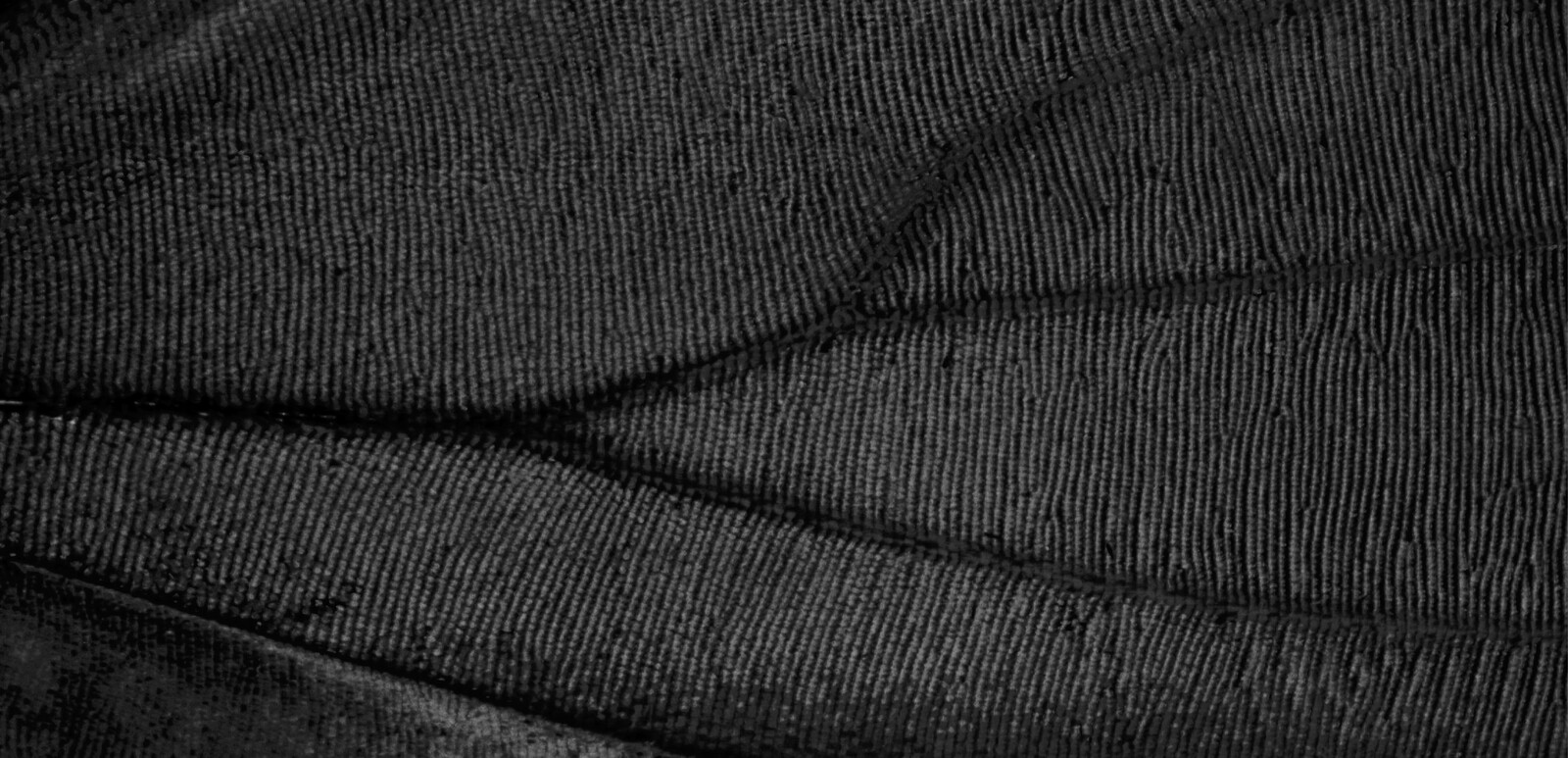August 22–November 1, 2020
August 22, 2020–May 30, 2021
Precious Okoyomon: Earthseed
ZOLLAMT MMK
In 1876, the United States government introduced the Japanese vine kudzu to Mississippi. The state was in danger of being lost entirely to widespread soil erosion brought about by the extensive cultivation of cotton by chattel slaves, and the vine—already notorious for the speed at which it grew—was deployed as a weapon intended to fortify the ground soil. Instead, kudzu—now thousands of miles away from its home in Japan—became monstrous, consuming everything in its vicinity and earning the epithet “the vine that ate the south.” The word kudzu has meanwhile become a metonymy for the threat of invasive species everywhere. Its specific history as a failed remedy for the monumental toll that slavery took on the ecological system of the American South has been largely forgotten. The story of kudzu is written in the same language that objectifies both human beings and nature, and produces violence, oppression and individuation. To this day, kudzu remains a foundational substructure of the American South, which—if the plant were removed—would return to a state of erosion. In fact, its cultivation has been declared a crime.
The artist and poet Precious Okoyomon (b.1993) allows this transhistorical realm to enter the museum. The exhibition space becomes a habitat of constant change that finds new form in being-like subjects. The exhibition’s title is taken from a fictional religion in Octavia E. Butler’s books Parable of the Sower and Parable of the Talents. Its central contention is that the Earth’s seed can be transplanted anywhere and, through adaptation, will survive. It asks us to consider a theology of mutation, flux, and motion.
The ZOLLAMT MMK is supported by Jürgen Ponto-Stiftung zur Förderung junger Künstler.
Sammlung
TOWER MMK
Horst Ademeit, Silvia Bächli, Sammy Baloji, Éric Baudelaire, Thomas Bayrle, Vija Celmins, Marlene Dumas, Isa Genzken, Tishan Hsu, Anne Imhof, Barry Le Va, Lee Lozano, Bruce Nauman, Cady Noland, Marcel Odenbach, Laurie Parsons, Gerhard Richter, Cameron Rowland, Thomas Ruff, Dirk Skreber, Sturtevant, Martine Syms, Abisag Tüllmann, Cy Twombly, Jeff Wall, Andy Warhol
“But do you know what origin is?” Guy-Yanis asks his friend David in Un film dramatique (2019) by Éric Baudelaire. The two school pupils and authors of the film project vehemently discuss the definition of national affiliation, identity, and racism, ultimately resorting to the article on “origine” in Wikipedia. For his language piece Good Boy Bad Boy (1985), Bruce Nauman filmed an actress and an actor synchronously speaking the same one hundred simple sentences. With every repetition, they utter the statements more and more forcefully until finally the speakers’ synchronicity as well as the relationship between truth, meaning and emotion are entirely out of joint. In Borrowed Lady (2016), Martine Syms choreographs this normative communication space as a kaleidoscope of specific, recognizable gestures and expressions of African American women, some known from the media, others not. Hands, facial play, and the choice and accentuation of the words together form a political and cultural vocabulary with which Syms draws the viewers into spatial discourse. And while the pieces by Horst Ademeit, Thomas Ruff, and Jeff Wall meticulously examine identification and observation as the foundations of surveillance, those by Marlene Dumas, Sammy Baloji, Thomas Bayrle, and Tishan Hsu revolve around religion and ritual, body technology, and gender.
The exhibition presents works from the MMK collection ranging in date from the early 1960s to the present, including some of the museum’s newest acquisitions. Well-known pieces from the holdings thus enter into dialogue with contemporary artistic approaches and works never before or only rarely exhibited to date.
The TOWER MMK is made possible by Tishman Speyer. The founding partners are Stefan Quandt, the Ernst Max von Grunelius-Stiftung, DekaBank Deutsche Girozentrale, and Helaba Landesbank Hessen-Thüringen. Further sponsors are the MMK Stiftung, the Freunde des MMK, and the New Contemporaries.

